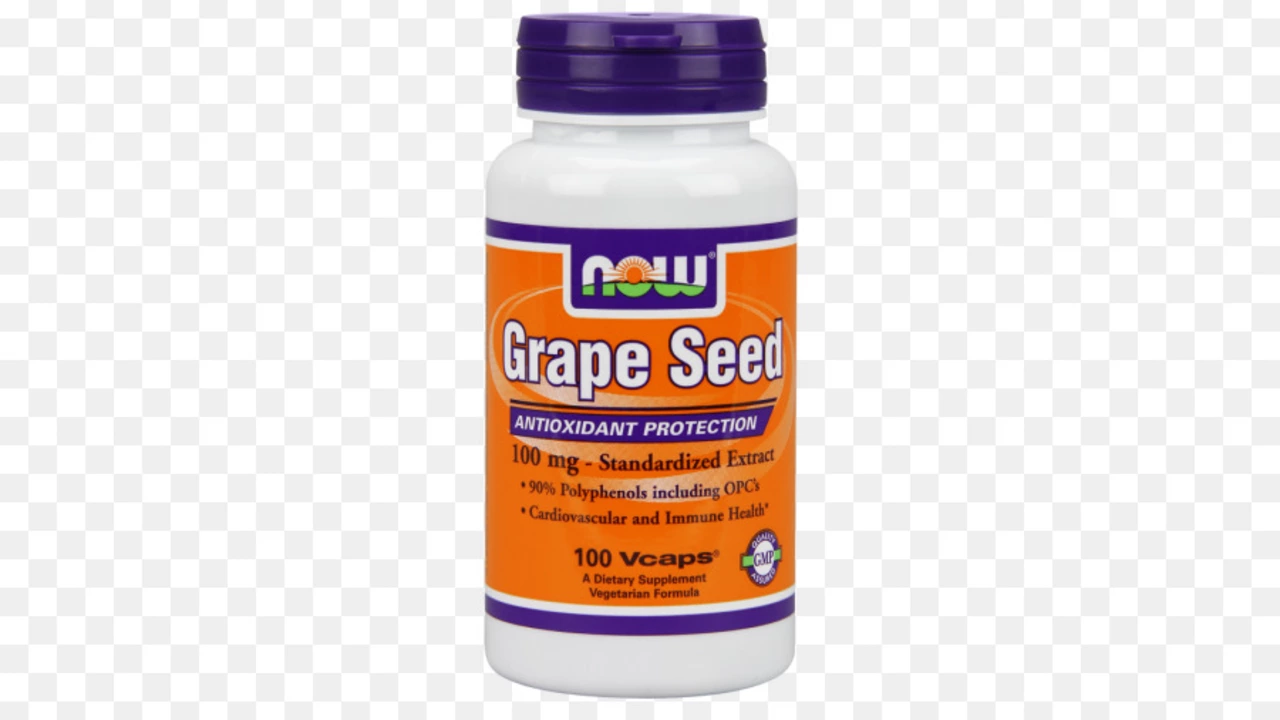Histidine: what it does and why it matters
Here’s a quick fact that surprises people: histidine is the building block for histamine — the same molecule that causes sneezes and itchy eyes. But histidine does a lot more than trigger allergies. Your body uses it to make proteins, support immune responses, help repair tissue, and keep the body’s acid-base balance steady. Most adults get enough from food, but some people may need extra help.
Benefits and main functions
Histidine helps in several clear ways. First, it’s a protein amino acid, so it’s needed when your body builds or repairs tissue after exercise, injury, or daily wear and tear. Second, it’s the direct precursor of histamine, so immune signaling and stomach acid regulation depend on it. Third, histidine contributes to buffering — that means it helps control acidity in blood and tissues. Those are practical effects: healing, digestion, and keeping cells working well.
If you’re active or recovering from illness, histidine supports tissue repair. Infants and young children also need enough because they’re growing fast. People on very low-protein diets, strict vegans who don’t plan meals carefully, or those with certain chronic illnesses might be at higher risk for low histidine.
Food sources, supplements, and safety
You can get histidine from common protein foods. Good sources are meat, poultry, fish, eggs, dairy, soy, and some whole grains. If you eat a balanced diet with these items, you usually don’t need a supplement.
Some supplements list L-histidine for specific needs like athletic recovery or wound repair. If you consider a supplement, keep it simple: follow the product label, and talk to your healthcare provider — especially if you take drugs that affect histamine or immune responses. Why? Because extra histidine can raise histamine levels in some people, which may worsen allergies, trigger headaches, or affect people with histamine intolerance.
Typical side effects are rare at normal doses but watch for increased allergy-like symptoms, stomach upset, or headaches. Also mention supplements to your doctor if you take migraine meds, MAO inhibitors, or drugs that affect immune function.
Practical tips: prefer whole foods first. If you suspect low histidine — signs include slow wound healing or unexplained fatigue — get a professional check rather than self-diagnosing. For athletes, a sports nutritionist can help time protein and amino acid intake around workouts. For parents, focus on varied protein sources for kids to cover histidine and other essential amino acids.
Want more on related supplements or medications? Check our guides on dietary supplements and safe online pharmacies at PriceProPharmacy for clear buying tips and product reviews.
Histidine, an essential amino acid, is making waves in the dietary supplement industry. It's not just a building block for proteins in our body, but also plays a vital role in various physiological functions. It's been linked to improved immune responses, better mental health, and even enhanced athletic performance. This has led to a surge in its popularity in the supplement market. As we continue to explore the health benefits of histidine, it's clear that this once overlooked nutrient is now taking center stage.

